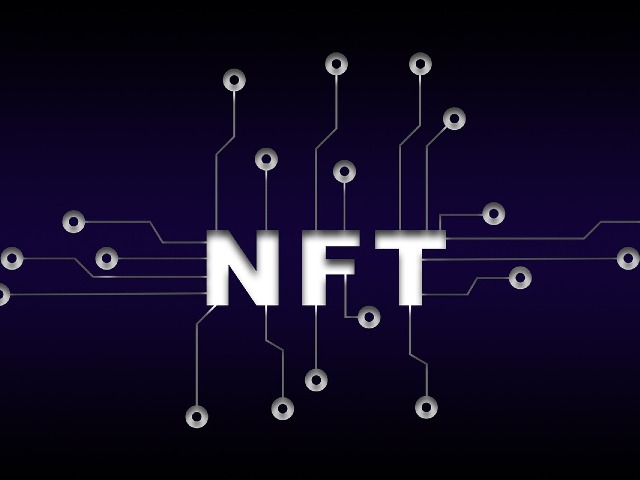The appropriation of NFTs as a crime in English and Spanish law

Summary
Due to NFTs’ increasing popularity, it is possible to currently see some news items mentioning that they are being stolen –using phishing scams, hackers are able to access the cryptowallets of their victims in order to “appropriate” their NFTs. However, is it actually possible to qualify the taking of an NFT as such in the legal sense of the word? Would it be possible to subsume the appropriation of NFTs under a specific criminal offence? Are NFTs protected by criminal law at all? Can NFTs be objects of criminal law? This is the topic addressed in this research. In order to limit the scope of research, I chose to focus on the analysis of the applicability of English and Spanish property-based criminal offences on NFTs, more specifically, the applicability of the criminal offence of theft, with the aim of determining whether those specific legal systems provide NFTs with criminal protection, and going further, which legal system offers a better protection for NFTs.
Structure
This research is divided in four parts. First of all, I address NFTs as a concept so as to understand what they are. Accordingly, I unravel the technology layers behind it – blockchain, smart contracts and Ethereum. The chapter ends with a detailed explanation of the origin, functioning and usage, and storage of NFTs. Secondly, I focus on English and Spanish law from a theoretical point of view, describing how theft is regulated in each legal system. Consequently, I analyse Section 1(1) of the Theft Act 1968 and Article 234.1 of the Spanish Criminal Code, examining the wording used by the legislator and the interpretation that has been given by English and Spanish case law to each and every one of the elements used to define the criminal offence of theft. In the third part, I apply the theorical explanation and interpretation of such provisions to the appropriation of NFTs. Finally, in my conclusions, I answer the questions previously asked.
Conclusions
The results reached through this research show that NFT protection depends on: i) the interpretation given to the concept of “property” by the specific legal system, and ii) the interpretation given to the concept of “property” in the wording of the specific criminal offence. Accordingly, the answer to the previous questions is different in English and Spanish law. The Theft Act in English law operates with a wider concept of “property”, including any kind of asset that can be considered as such. Moreover, English courts have already recognised NFTs as property, providing them with protection. On the other hand, the theft offence in Spanish law operates with a tangible concept of property, making it impossible for NFTs to be protected by such provision. Are there other property-based criminal offences suitable for the protection of NFTs in the Spanish Criminal Code? Yes, however, Spain has not yet recognised NFTs as property, therefore, the legal system cannot currently provide NFTs with protection.
For the full thesis, see: https://papers.ssrn.com/sol3/papers.cfm?abstract_id=4275490
Over de auteur

Xènia Egea Pulgarin, LLM Global Criminal Law (2022), (www.linkedin.com/in/xeniaegea/) LinkedIn

